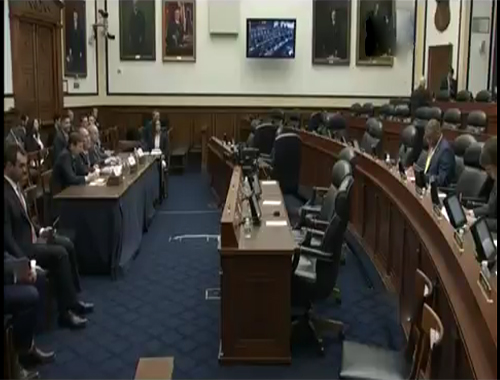The Merits of Pure Intentions and the Censure of Riyah
- Details
- Hits: 1846
The Merits of Pure Intentions and the Censure of Riyah
Apart from the punishment in the Hereafter and cancellation of good deeds the RiyakÄr person will also fail to achieve his aim in this world. In the world it had been his intention to achieve honour among the people but instead he would have to face humiliation and shame. The noble Qur’an tells us,
“...he loses this world as well as the hereafter; that is a manifest loss.”
(Surah al-Hajj 22:11)
On the contrary, one who performs good deeds for the Hereafter will achieve honour in this world too. The following verse of Surah al-Kahf says:
“...therefore whoever hopes to meet his Lord, he should do good deeds, and not join anyone in the service of his Lord.”
(Surah al-Kahf 18:110)
The tafsir of this ayat is as follows: “Someone performs a good deed not for seeking Allah’s pleasure, but to obtain praise and admiration from people, so that people may see and hear him and he may become famous. He is like the one who has an associate with Allah in his worship. One who conceals his worship acts from the people (and reserve them solely for Allah would finally be given an honourable position among the people, by Allah. While one who exhibits his worship; his weaknesses are exposed by Allah and consequently he is degraded.”
(al-KÄfi)











